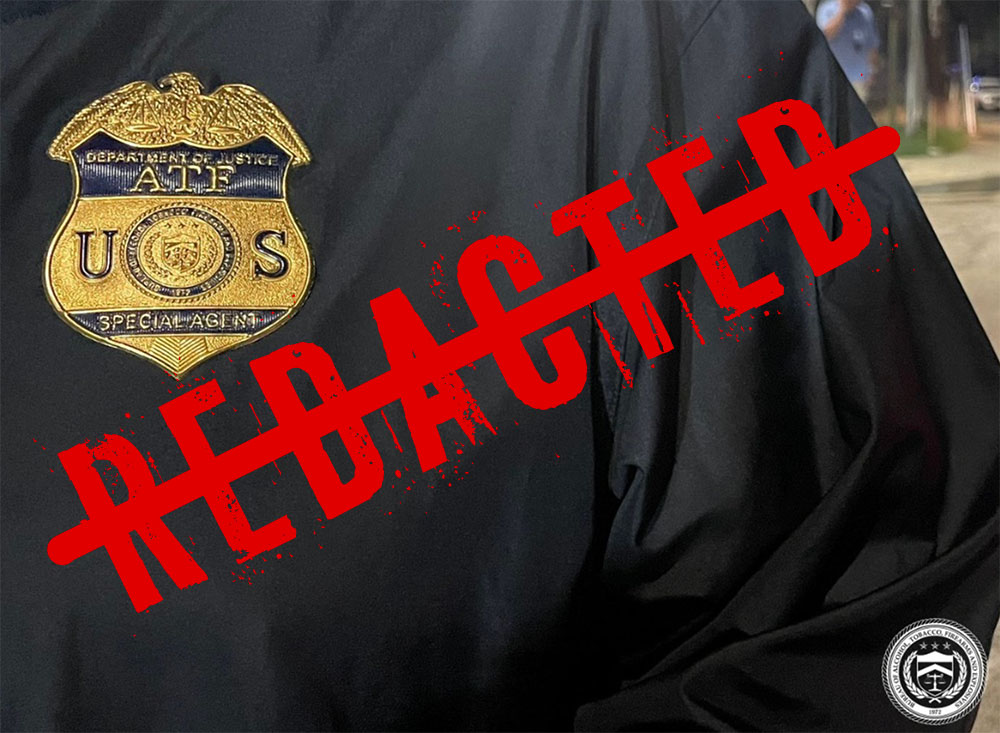Investigation Reveals ATF’s Monitoring of California Gun Purchases
Background on the Monitoring Program
In April 2021, a report from AmmoLand News highlighted a covert government initiative that tracks firearm purchases through the FBI’s National Instant Criminal Background Check System (NICS). Following this revelation, the Gun Owners of America (GOA) initiated several Freedom of Information Act (FOIA) requests to uncover detailed information regarding the program’s scope. Recent findings reported by Zero Hedge indicate that the Bureau of Alcohol, Tobacco, Firearms and Explosives (ATF) has employed this system to monitor individuals in California, assessing their compliance with state firearm regulations.
Details on NICS Monitoring
Typically, information acquired during a background check is supposed to be deleted within 24 hours. However, when a NICS monitoring request is sanctioned, such data is retained longer and passed on to the ATF. Notably, those monitored are not necessarily suspected criminals; many have legal access to firearms and may not even be accused of wrongdoing. Instead, theATF utilizes surveillance based on associations or a perceived potential for future unlawful activity.
Agents from the ATF can submit monitoring requests that prompt alerts from the FBI whenever a subject transacts any firearm purchase. This alert system, referred to as “Sentinel,” enables monitoring of individuals deemed noteworthy by the ATF.
Examples of Monitoring
The criteria for surveillance can be arbitrary. One instance involved an ATF agent suggesting monitoring a person based on the suspicion that they might take a firearm back to California, which has restrictive laws against certain assault weapons. The justification provided for surveillance included quotes from legal codes pertinent to firearms.
“MFG/SELL/TRANS/ETC ASSAULT WPN (30600(A) PC)”
Moreover, concerns have been raised regarding ATF’s scrutiny of individuals who might be expected to acquire firearms for use during potential civil unrest, such as the protests occurring in summer 2020. In such cases, a legal shotgun purchase was exploited as grounds for ongoing surveillance, risking the violation of constitutional rights.
Additionally, individuals who display spending habits on firearms interpreted as excessive are also monitored. As there is no official threshold for what constitutes “excessive,” the ATF appears to judge spending based solely on personal prejudices, effectively criminalizing legal behaviors like tinkering with or reselling firearms.
Concerns Over Government Overreach
The monitoring practices employed by the ATF signify a concerning trend of overstepping boundaries, possibly extending beyond federal jurisdiction to assist state laws. This practice contradicts the intended purpose of the NICS system, which was designed for specific ATF investigations only.
The ongoing revelation of such monitoring activities has intensified calls among gun rights advocates for legislative actions aimed at defunding or diminishing the powers of the ATF.

